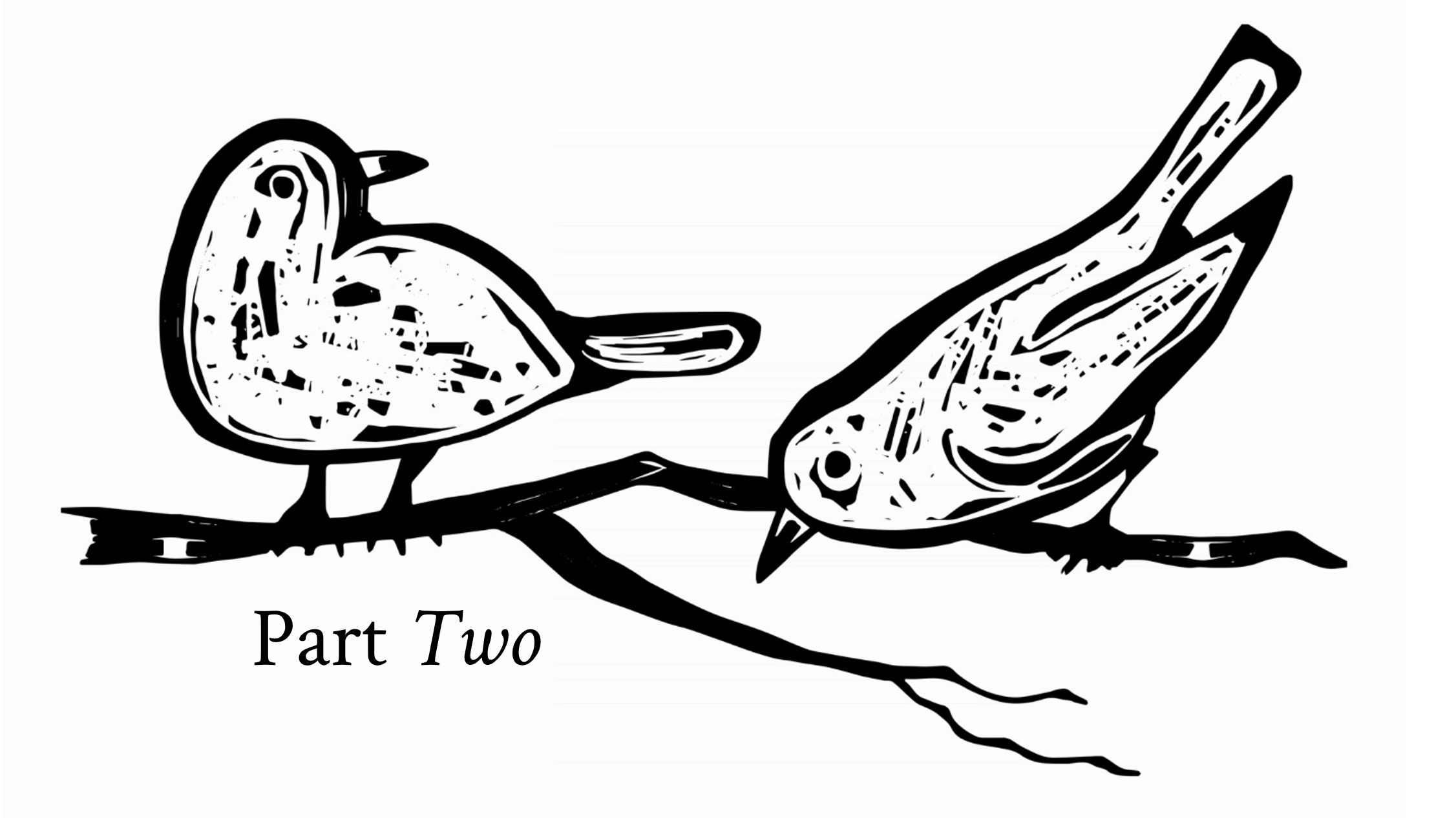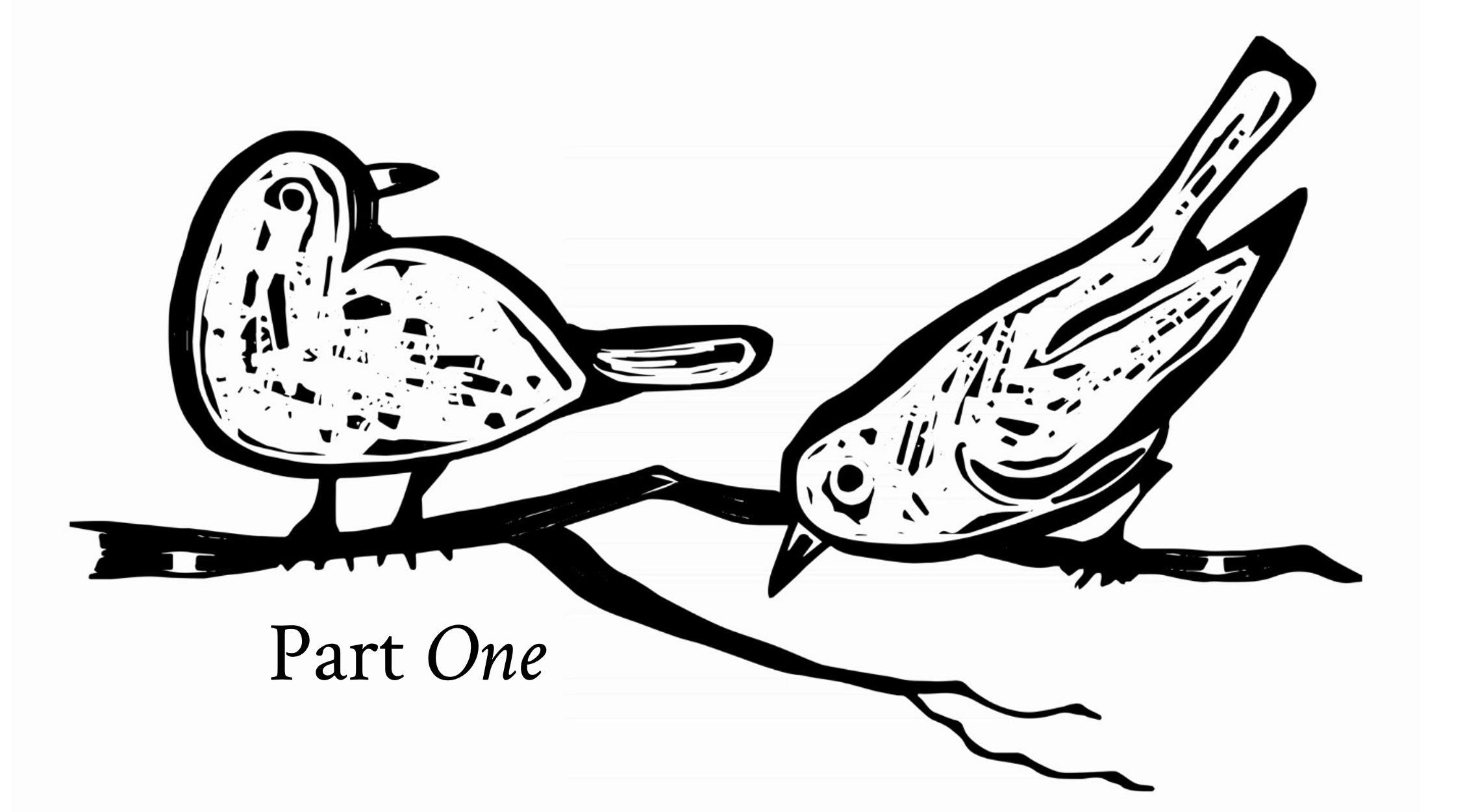Overview
The Lines that Whisper Us: Rethinking Agency and Accountability in the Middle East through the More-than-Human
“The world is at war. In the grip of lines and stencilled territories, we enact logics that exceed us, that transgress the categoricity of morally independent actors, and that might offer us a strange bewildering other thing, a line of flight away from this toxic convergence of lines. In such a world, no move is too small: every gesture ripples out into a vast tumble and tangle of things, potentizing this forest with new intelligences, with the soft response that might invite us to consider that solutions may get in the way of transformation, and that the thing to do is dance with the trouble.”
In Conversation: Bayo Akomolafe on “Black Lives Matter: But to whom?”
“‘I’ wrote this essay with an eye of Black geographies, haunted outdoors, the hidden public that subsidizes the obvious. From within that space, there is - in my opinion - a groundswell of impulses and movements gesturing towards the more-than-just. Gesturing towards 'breaks' of some kind. This essay is an attempt to trace those wandering yearnings for another sun.”
NEW ESSAY: Black Lives Matter: But to Whom?
We're thrilled to share an extraordinary new work from our Global Senior Fellow Bayo Akomolafe. In many ways, Bayo's piece defies any simple description or summary, but at its most basic, this two-part essay seeks to explore the limits of the Black Lives Matter frame in advancing justice and the possibility for reimagining identities altogether.
Black lives matter, But to whom? Why We Need a Politics of Exile in a Time of Troubling Stuckness (Part II)
If you fashion your emancipation using the materials of your oppression, using the same epistemological frameworks of your incarceration, you risk reinforcing your oppression.
It may be reassuring to the justice-seeking efforts of BLM to imagine that the thrust of politics is to overwhelm the racists, to educate them out of their hatred, to address systematic oppression so that Black individuals might thrive, but the individual, the traditionalist human subject, is already a form of genocide. This genocide is not some distant event in the past, but an ongoing reproduction of the ‘world’ as ‘clearing’ – a cutting off the ways we are imbricated with ecological matterings that coincides with the killing fields of industrial gentrification and with the asylum captivity that is named, ‘the Human’. […]
Black lives matter, But to whom? Why We Need a Politics of Exile in a Time of Troubling Stuckness (Part I)
Four days away from the Christmas of 1848, in the dark and occult hours before morning wakes, Ellen and William Craft beheld each other through tearful eyes for the last time. Minutes later, they collapsed to the floor, both falling into a writhing heap of limbs and agony, convulsing, trembling, and flailing until the strong brew they had ingested hours earlier passed through them. When the sun yawned awake to the sounds of the cock crow, his surveillant gaze travelled across the undulating fields of Georgia, across the cottonfields of one plantation in Macon, and fell through the cracks of the cabin where two lovers had spent their last human moments, and where a few obsidian-black feathers belonging to two fugitive crows now littered the log floor – tell-tale signs of a daring escape, a transformation too offensive for history to embrace.
But they were not the first to turn, you see. […]
Global Senior Fellow Bayo Akomolafe on slowing down, embracing complexity, and finding hope in a time of multidimensional breakdown
“Hope is not always a choice we can make. Sometimes things get so crippling that we find a strange glimmer of emancipation in the darkness of the moment. I suppose that little glimmer, that crack, is the trickster reminding us that not even loss can be fully itself. Nothing can be fully itself, nothing can belong, without the strange other hiding among the ranks, squeezing itself between the lines, the devil in the details. Not a slave ship bound for the Americas. Not a pandemic threatening destruction. Not a climate crisis with no end in sight. Not death. Something always steals in. Maybe there is a powerful political move there. Maybe there is a way of sitting with the trouble and inadequacy of hope. Maybe there is hope in the hopeless. “
An Introduction and an Invitation
I vaguely remember the moment I decided I was going to get lost. Generously lost.
I had just read yet another article about the mental health crisis gripping the largest black nation on earth. Nigeria had 200 million people and – conservatively – three well-equipped psychiatric hospitals. The papers bemoaned a poorly articulated health policy, a lack of skilled staff, a dearth of bedspaces, and tight budgets. They begged for a compassionate government or sensible philanthropy. It was 2008. But that didn’t matter: the problem was a sticky one, as resilient as our claims to peoplehood.
The trend for doctoral researchers like myself was to lean into these problems, vacillate between exhausted data points, and tie up our theoretical conclusions to the same ‘solutions’ everyone else had already figured out: we needed more money to take care of our people. But solutions are often products of fields of resonance, marking the ways we have been trained to reproduce sounds and images with which we are already familiar. The trick is in learning to listen to the noise.
Introducing our inaugural Global Senior Fellow, philosopher Báyò Akómoláfé
We are proud to announce that author, poet, and public intellectual Bayo Akomolafe has joined the Democracy & Belonging Forum as its inaugural Global Senior Fellow. In this role, Bayo will act as the Forum’s “provocateur in residence”, guiding Forum members in rethinking and reimagining our collective work towards justice in ways that reject binary thinking and easy answers.








